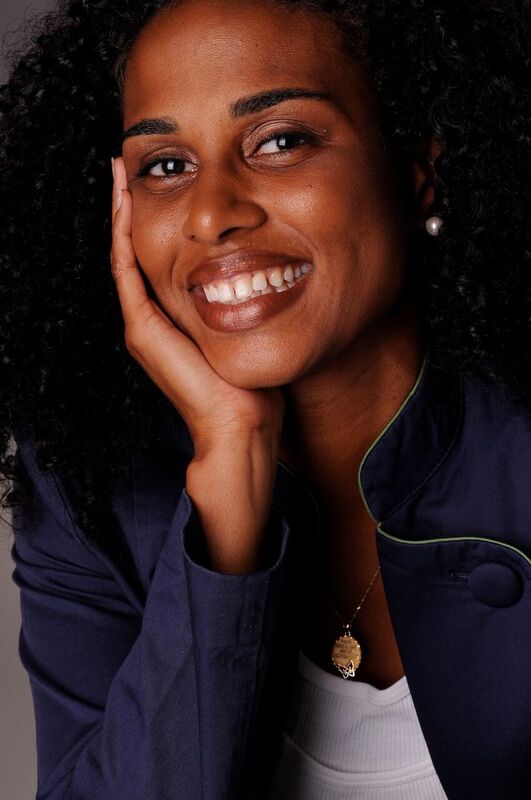Be Your Own Ambassador

We caught up to Rachelle Salnave, director of La Belle Vie: The Good Life, between multinational trips and film festival screenings, to discuss the vision behind her filmmaking.
—
When Rachelle Salnave lived in Harlem with her family, she had a hard time convincing other Haitians that she was one of their sistren. Haitian had a certain look, even to her own people. She faced a dilemma that faces a lot of first generation children of immigrant parents: what part of your identity is from your family’s homeland, and what part is formed from the place you now live?
She delved deeper into her heritage, she found pieces that showed her a vast and complex picture. It didn’t match anything she saw in the mainstream media. She couldn’t let it go.
As she moved from New York to Atlanta, she continued to put the pieces together. After the earthquake in 2010, she knew it was the right time to produce the story. She enrolled in grad school in Miami to devote herself to the story of her heritage.
Salnave set out to unwrap the complexity of the Haitian narrative. Using film, she documented her own journey home to search for herself, and found she was crafting a love story between a child of the Diaspora and home.
“Haiti is a complicated society,” says Salnave. “While we have a great history and legacy as the first Black republic in the Western Hemisphere, so what? Our political madness doesn’t honor the legacy and it’s nothing without the people.”
When she returned to Haiti, she was called “blan”, or foreigner. While at first affronted, she realized that having a camera made her dialogue with people a powerful teachable moment. Her original intention was to “shut up the people” who focus on the negative stories and present the whole picture– the art, the beauty, and the culture. This was not just a travelogue. She quickly realized the story was nothing without the people. Yes, there were parts that were ugly, but also overwhelming beauty. It wasn’t just about her people. It was the claiming of a people through her direct experience. Her search for identity became a universal one, and awakened her to another perspective: no matter what they call you, who do you call yourself?
The response to her film has been universally favorable, and at screenings, Salnave has found that she has fans across the world. Although her mother passed during the production, her father is still living, and her family is proud. She is now collaborating with other Haitian filmmakers with a tour of AyitiImages, a multi-film event that screens differing narratives about Haiti. La Belle Vie: The Good Life is awaiting distribution. Contact her directly at labelleviethedoc@gmail.com to find out when they will come to you.
—
This article was corrected on Wednesday, February 10, 2016.

What people are saying: